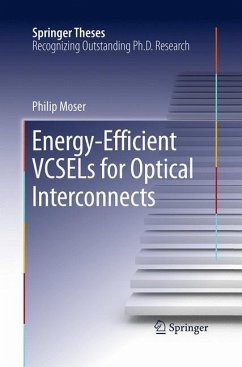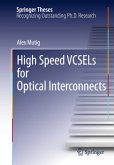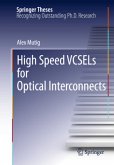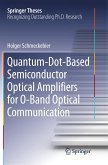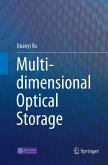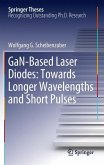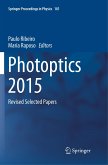This dissertation provides the first systematic analysis of the dynamic energy efficiency of vertical-cavity surface-emitting lasers (VCSELs) for optical interconnects, a key technology to address the pressing ecological and economic issues of the exponentially growing energy consumption in data centers. Energy-efficient data communication is one of the most important fields in "Green Photonics" enabling higher bit rates at significantly reduced energy consumption per bit.
In this thesis the static and dynamic properties of GaAs-based oxide-confined VCSELs emitting at 850 nm and 980 nm are analyzed and general rules for achieving energy-efficient data transmission using VCSELs at any wavelength are derived. These rules are verified in data transmission experiments leading to record energy-efficient data transmission across a wide range of multimode optical fiber distances and at high temperatures up to 85°C.
Important trade-offs between energy efficiency, temperature stability, modulation bandwidth, low current-density operation and other VCSEL properties are revealed and discussed.
In this thesis the static and dynamic properties of GaAs-based oxide-confined VCSELs emitting at 850 nm and 980 nm are analyzed and general rules for achieving energy-efficient data transmission using VCSELs at any wavelength are derived. These rules are verified in data transmission experiments leading to record energy-efficient data transmission across a wide range of multimode optical fiber distances and at high temperatures up to 85°C.
Important trade-offs between energy efficiency, temperature stability, modulation bandwidth, low current-density operation and other VCSEL properties are revealed and discussed.

